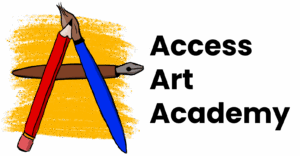This search form (with id 3) does not exist!

Learning Dutch in Canberra: Access Art Academy’s Language Classes
For many Australians with Dutch heritage, learning the language can be a meaningful way to connect with family roots and cultural traditions. Based in Canberra, Dutch language learners have the opportunity to join courses online at Access Art Academy, a mother-and-daughter team of Marion Verbruggen and Marianne Mettes. A Passion